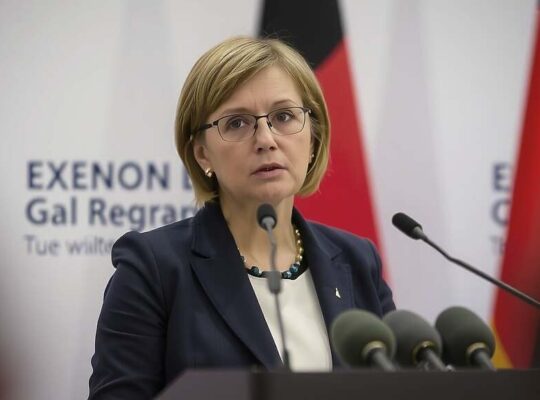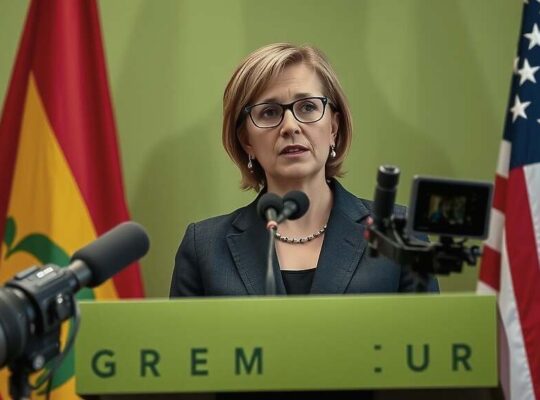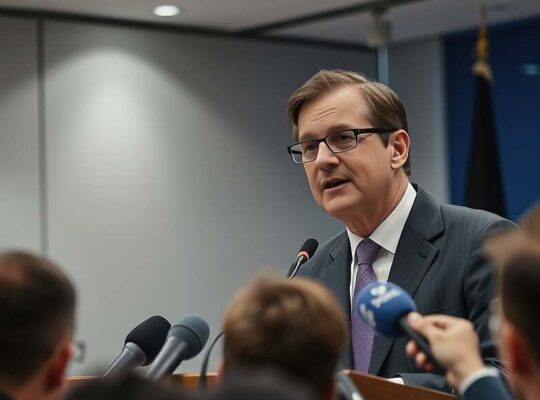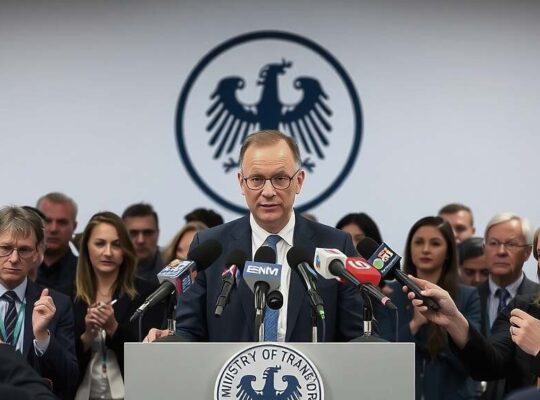The proposed pension reform package spearheaded by Federal Labor Minister Bärbel Bas (SPD) is facing fierce criticism, with accusations of a concealed financial burden potentially exceeding 118 billion euros by 2040. Johannes Winkel, Chairman of the Junge Union (JU) and CDU parliamentary representative, alleges that the package contains a “hidden surprise” significantly diverging from the coalition agreement with the Union and posing a serious risk to the nation’s financial stability.
The core of Winkel’s critique centers on the so-called “stabilization line” for the pension level at 48 percent, slated to remain in effect until 2031. He claims the current draft legislation extends this line beyond 2031, effectively recalculating future pension increases from a lower base. This extension, according to Winkel’s assessment, generates follow-up costs exceeding 118 billion euros, masked within the overall package. He characterized this as a “billion-euro bomb” urgently requiring correction within the Bundestag.
Winkel’s allegations highlight a growing tension within the ruling coalition. While the stabilization line was initially presented as a measure to ensure pension affordability, this extension raises concerns about the long-term financial implications for future generations. This proposal adds weight to already-existing debate about the sustainability of Germany’s social security system and the potential for increased contributions or reduced benefits in the future.
Beyond the specific financial figures, Winkel’s remarks carry a broader political message. He criticized the current political leadership, including Minister Bas and CDU leader Friedrich Merz, for potentially jeopardizing the financial future of younger generations. He argued that the present generation lacks the legitimacy to unilaterally diminish future opportunities, urging them to reconsider the current course of action. This critique underscores the growing pressure on the government to demonstrate fiscal responsibility and safeguard the long-term financial well-being of the nation’s youth – a responsibility Winkel asserts leaders like Bas and Merz must directly address.












